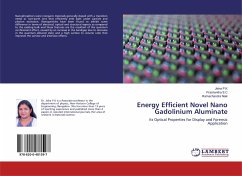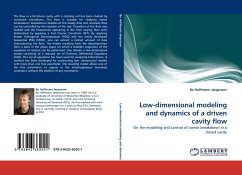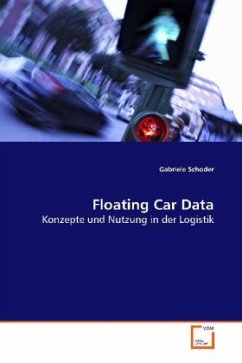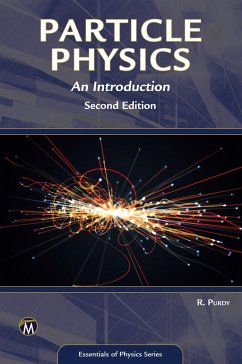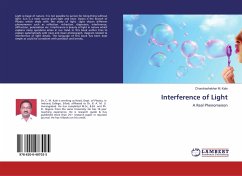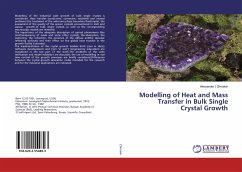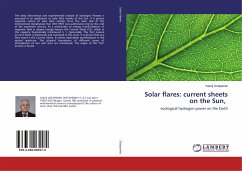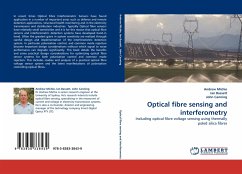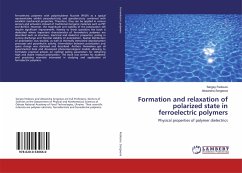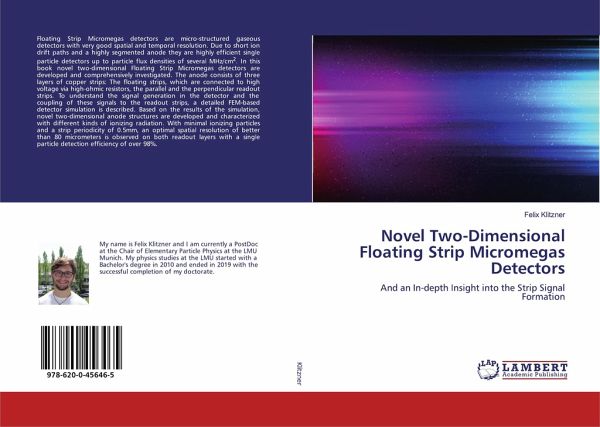
Novel Two-Dimensional Floating Strip Micromegas Detectors
And an In-depth Insight into the Strip Signal Formation
Versandkostenfrei!
Versandfertig in 1-2 Wochen
50,99 €
inkl. MwSt.

PAYBACK Punkte
25 °P sammeln!
Floating Strip Micromegas detectors are micro-structured gaseous detectors with very good spatial and temporal resolution. Due to short ion drift paths and a highly segmented anode they are highly efficient single particle detectors up to particle flux densities of several MHz/cm2. In this book novel two-dimensional Floating Strip Micromegas detectors are developed and comprehensively investigated. The anode consists of three layers of copper strips: The floating strips, which are connected to high voltage via high-ohmic resistors, the parallel and the perpendicular readout strips. To understa...
Floating Strip Micromegas detectors are micro-structured gaseous detectors with very good spatial and temporal resolution. Due to short ion drift paths and a highly segmented anode they are highly efficient single particle detectors up to particle flux densities of several MHz/cm2. In this book novel two-dimensional Floating Strip Micromegas detectors are developed and comprehensively investigated. The anode consists of three layers of copper strips: The floating strips, which are connected to high voltage via high-ohmic resistors, the parallel and the perpendicular readout strips. To understand the signal generation in the detector and the coupling of these signals to the readout strips, a detailed FEM-based detector simulation is described. Based on the results of the simulation, novel two-dimensional anode structures are developed and characterized with different kinds of ionizing radiation. With minimal ionizing particles and a strip periodicity of 0.5mm, an optimal spatial resolution of better than 80 micrometers is observed on both readout layers with a single particle detection efficiency of over 98%.



